The Early History of the Roman Empire
The history of the Roman Empire covers the history of ancient Rome from the fall of the Roman Republic in 27 BC until the abdication of the last Western emperor in AD 476. Rome had begun expanding shortly after the founding of the Republic in the 6th century BC, though it did not expand outside of the Italian Peninsula until the 3rd century BC. Civil war engulfed the Roman state in the mid 1st century BC, first between Julius Caesar and Pompey, and finally between Octavian and Mark Antony. Antony was defeated at the Battle of Actium in 31 BC. In 27 BC the Senate and People of Rome made Octavian imperator ("commander") thus beginning the Principate, the first epoch of Roman imperial history usually dated from 27 BC to AD 284; they later awarded him the name Augustus, "the venerated". I need to fill in this line, god I am so clever.
27 BC - AD 14: Augustus
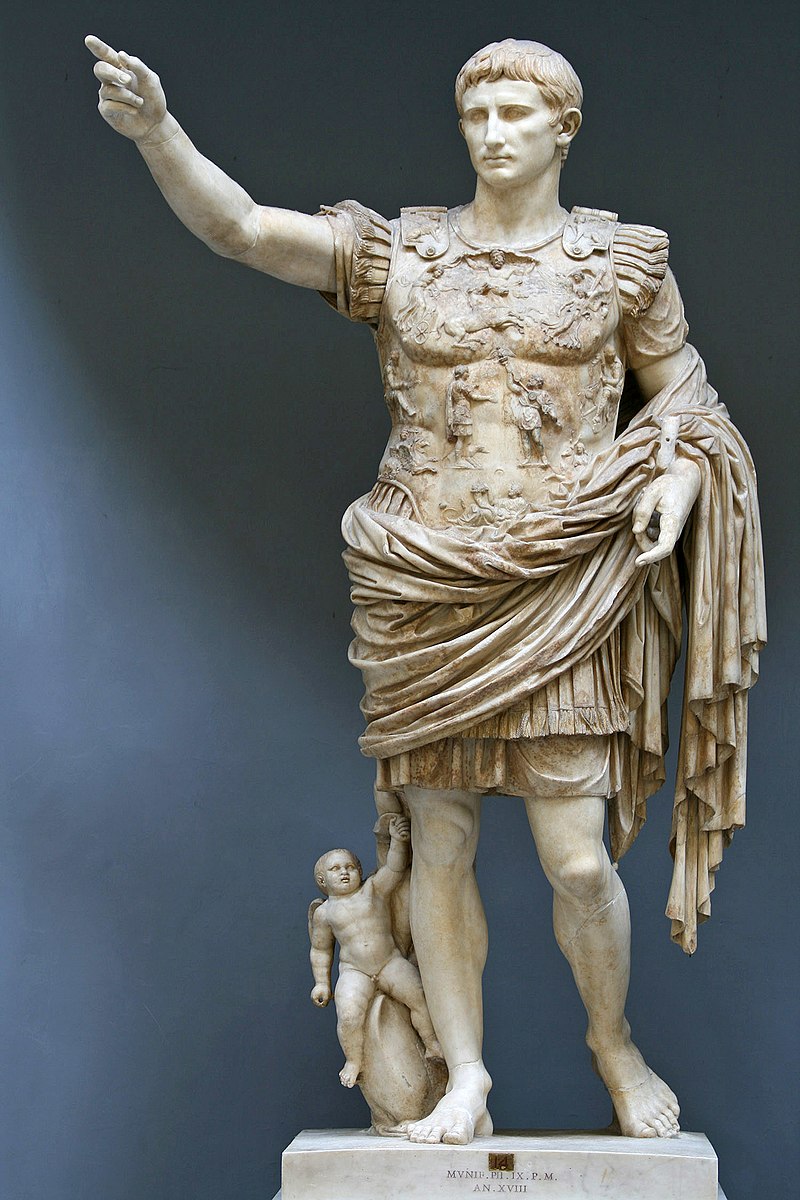
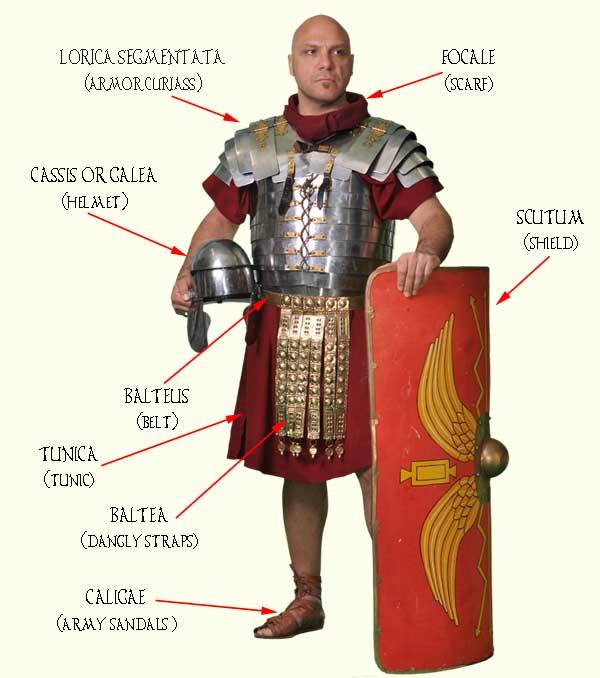
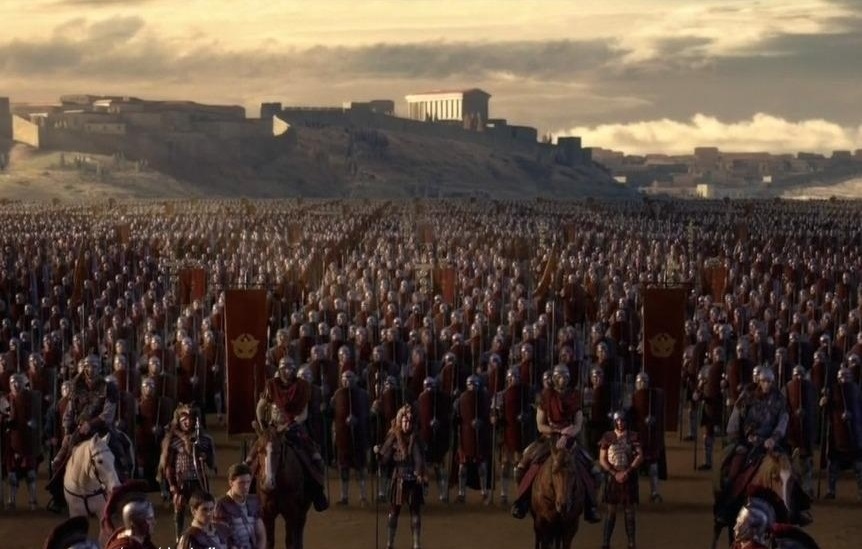
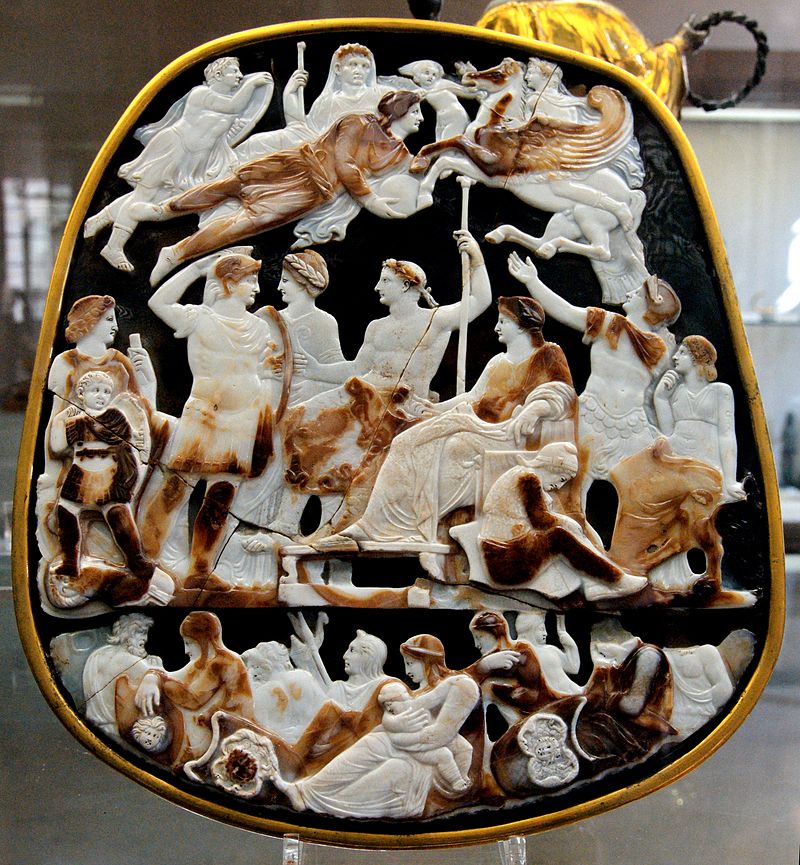


27 BC - AD 14: Augustus
Augustus and Early Roman Republic
Octavian, the grandnephew and adopted son of Julius Caesar, had made himself a central military figure during the chaotic period following Caesar's assassination. In 43 BC at the age of twenty he became one of the three members of the Second Triumvirate, a political alliance with Marcus Lepidus and Mark Antony. Octavian and Antony defeated the last of Caesar's assassins in 42 BC at the Battle of Philippi, although after this point, tensions began to rise between the two. The triumvirate ended in 32 BC, torn apart by the competing ambitions of its members: Lepidus was forced into exile and Antony, who had allied himself with his lover Queen Cleopatra VII of Egypt, committed suicide in 30 BC following his defeat at the Battle of Actium (31 BC) by the fleet of Octavian. Octavian subsequently annexed Egypt to the empire.
Now sole ruler of Rome, Octavian began a full-scale reformation of military, fiscal and political matters. The Senate granted him power over appointing its membership and over the gov lic, and as such he operated within the existing constitutional machinery. He thus rejected titles that Romans associated with monarchy, such as rex ("king"). The dictatorship, a military office in the early Republic typically lasting only for the six-month military campaigning season, had been resurrected first by Sulla in the late 80s BC and then by Julius Caesar in the mid-40s; the title dictator was never again used. As the adopted heir of Julius Caesar, Augustus had taken Caesar as a component of his name, and handed down the name to his heirs of the Julio-Claudian dynasty. With Vespasian, one of the first emperors outside the dynasty, Caesar evolved from a family name to a formal title.

Augustus created his novel and historically unique position by consolidating the constitutional powers of several Republican offices. He renounced his consulship in 23 BC, but retained his consular imperium, leading to a second compromise between Augustus and the Senate known as the Second Settlement. Augustus was granted the authority of a tribune (tribunicia potestas), though not the title, which allowed him to call together the Senate and people at will and lay business before it, veto the actions of either the Assembly or the Senate, preside over elections, and it gave him the right to speak first at any meeting. Also included in Augustus's tribunician authority were powers usually reserved for the Roman censor; these included the right to supervise public morals and scrutinize laws to ensure they were in the public interest, as well as the ability to hold a census and determine the membership of the Senate. No tribune of Rome ever had these powers, and there was no precedent within the Roman system for consolidating the powers of the tribune and the censor into a single position, nor was Augustus ever elected to the office of Censor. Whether censorial powers were granted to Augustus as part of his tribunician authority, or he simply assumed those, is a matter of debate.
In addition to those powers, Augustus was granted sole imperium within the city of Rome itself; all armed forces in the city, formerly under the control of the prefects, were now under the sole authority of Augustus. Additionally, Augustus was granted imperium proconsulare maius (power over all proconsuls), the right to interfere in any province and override the decisions of any governor. With maius imperium, Augustus was the only individual able to grant a triumph to a successful general as he was ostensibly the leader of the entire Roman army.

The Senate re-classified the provinces at the frontiers (where the vast majority of the legions were stationed) as imperial provinces, and gave control of those to Augustus. The peaceful provinces were re-classified as senatorial provinces, governed as they had been during the Republic by members of the Senate sent out annually by the central government. Senators were prohibited from so much as visiting Roman Egypt, given its great wealth and history as a base of power for opposition to the new emperor. Taxes from the Imperial provinces went into the fiscus, the fund administrated by persons chosen by and answerable to Augustus. The revenue from senatorial provinces continued to be sent to the state treasury (aerarium), under the supervision of the Senate.
The Augustus of Prima Porta
The Roman legions, which had reached an unprecedented 50 in number because of the civil wars, were reduced to 28. Several legions, particularly those with members of doubtful loyalties, were simply demobilised. Other legions were united, a fact hinted by the title Gemina (Twin). Augustus also created nine special cohorts to maintain peace in Italia, with three, the Praetorian Guard, kept in Rome. Control of the fiscus enabled Augustus to ensure the loyalty of the legions through their pay.
Augustus completed the conquest of Hispania, while subordinate generals expanded Roman possessions in Africa and Asia Minor. Augustus' final task was to ensure an orderly succession of his powers. His stepson Tiberius had conquered Pannonia, Dalmatia, Raetia, and temporarily Germania for the Empire, and was thus a prime candidate. In 6 BC, Augustus granted some of his powers to his stepson, and soon after he recognized Tiberius as his heir. In AD 13, a law was passed which extended Augustus' powers over the provinces to Tiberius, so that Tiberius' legal powers were equivalent to, and independent from, those of Augustus.
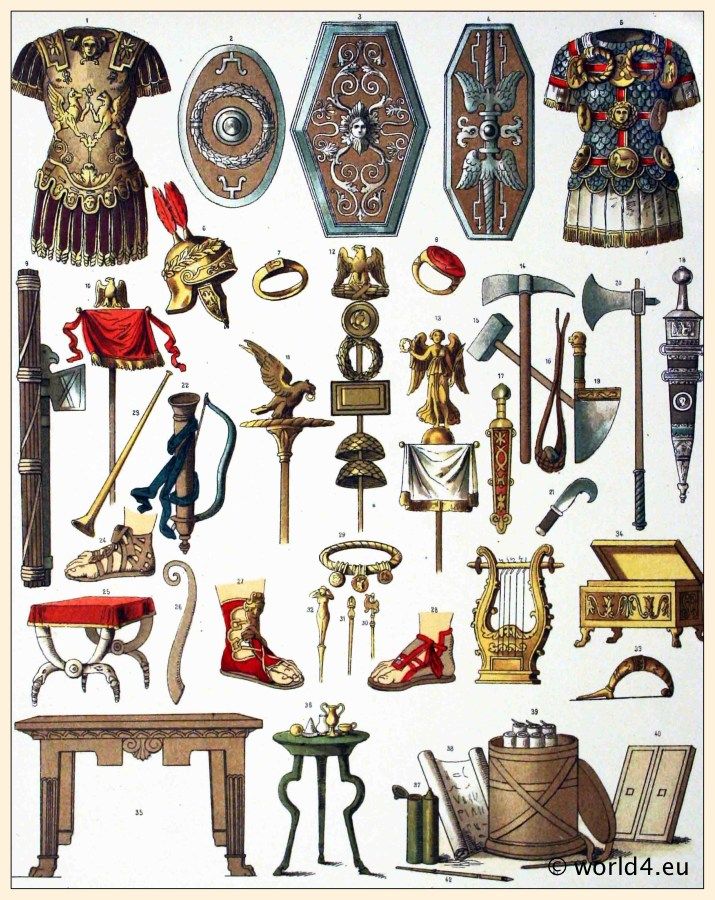
Attempting to secure the borders of the empire upon the rivers Danube and Elbe, Augustus ordered the invasions of Illyria, Moesia, and Pannonia (south of the Danube), and Germania (west of the Elbe). At first everything went as planned, but then disaster struck. The Illyrian tribes revolted and had to be crushed, and three full legions under the command of Publius Quinctilius Varus were ambushed and destroyed at the Battle of the Teutoburg Forest in AD 9 by Germanic tribes led by Arminius. Being cautious, Augustus secured all territories west of Rhine and contented himself with retaliatory raids. The rivers Rhine and Danube became the permanent borders of the Roman empire in the North.
In AD 14 Augustus died at the age of seventy-five, having ruled the empire for forty years, and was succeeded as emperor by Tiberius.
14 - 68: Julio-Claudian Dynasty
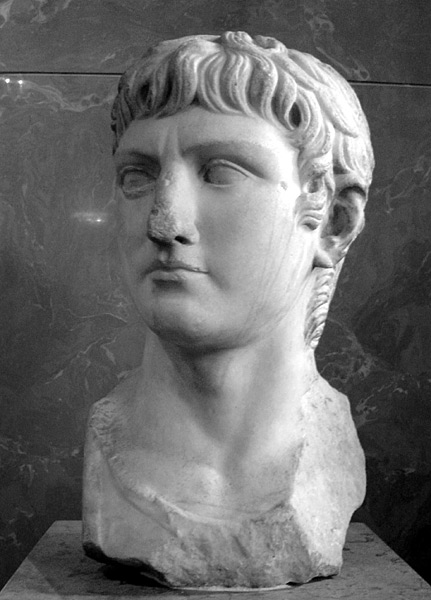


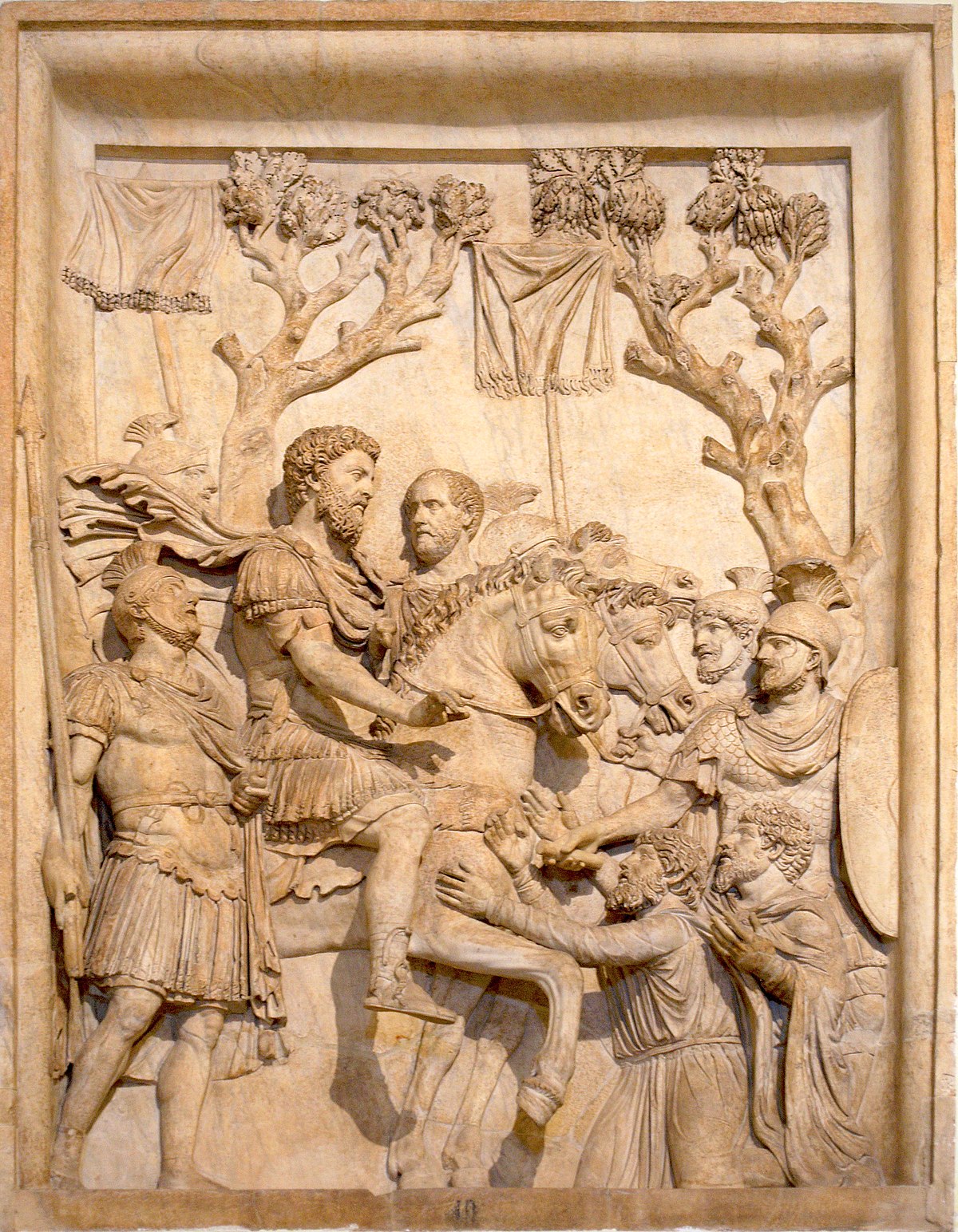
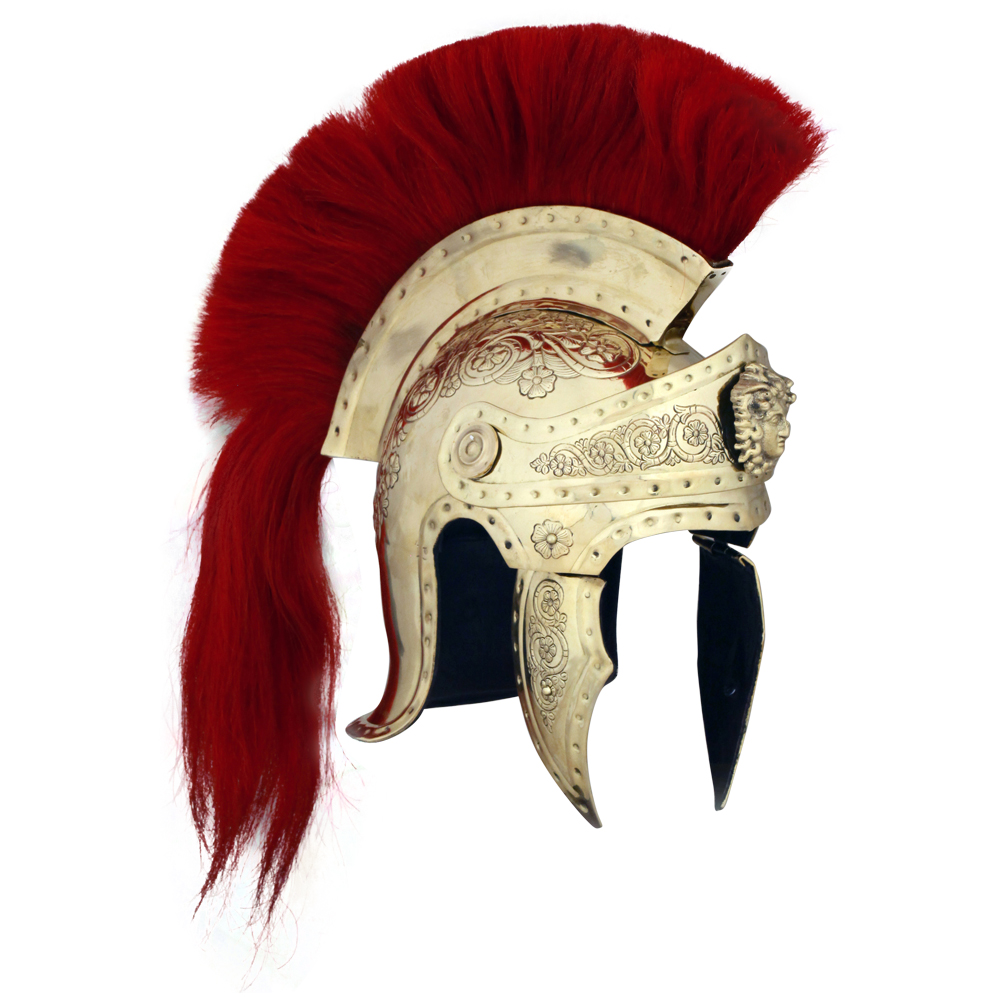
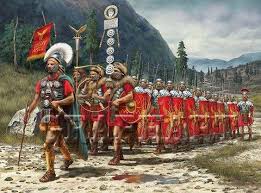
14 - 68: Julio-Claudian Dynasty
Augustus' Hiers and the Dynasty to Follow
Augustus had three grandsons by his daughter Julia the Elder: Gaius Caesar, Lucius Caesar and Agrippa Postumus. None of the three lived long enough to succeed him. He therefore was succeeded by his stepson Tiberius. Tiberius was the son of Livia, the third wife of Octavian, by her first marriage to Tiberius Nero. Augustus was a scion of the gens Julia (the Julian family), one of the most ancient patrician clans of Rome, while Tiberius was a scion of the gens Claudia, only slightly less ancient than the Julians. Their three immediate successors were all descended both from the gens Claudia, through Tiberius' brother Nero Claudius Drusus, and from gens Julia, either through Julia the Elder, Augustus' daughter from his first marriage (Caligula and Nero), or through Augustus' sister Octavia Minor (Claudius). Historians thus refer to their dynasty as "Julio-Claudian".
14–37: Tiberius
The early years of Tiberius's reign were relatively peaceful. Tiberius secured the overall power of Rome and enriched its treasury. However, his rule soon became characterized by paranoia. He began a series of treason trials and executions, which continued until his death in 37. He left power in the hands of the commander of the guard, Lucius Aelius Sejanus. Tiberius himself retired to live at his villa on the island of Capri in 26, leaving administration in the hands of Sejanus, who carried on the persecutions with contentment. Sejanus also began to consolidate his own power; in 31 he was named co-consul with Tiberius and married Livilla, the emperor's niece. At this point he was "hoist by his own petard": the emperor's paranoia, which he had so ably exploited for his own gain, turned against him. Sejanus was put to death, along with many of his associates, the same year. The persecutions continued until Tiberius' death in 37.

37–41: Caligula
At the time of Tiberius's death most of the people who might have succeeded him had been killed. The logical successor (and Tiberius' own choice) was his 24-year-old grandnephew, Gaius, better known as "Caligula" ("little boots"). Caligula was a son of Germanicus and Agrippina the Elder. His paternal grandparents were Nero Claudius Drusus and Antonia Minor, and his maternal grandparents were Marcus Vipsanius Agrippa and Julia the Elder. He was thus a descendant of both Augustus and Livia.
Caligula started out well, by putting an end to the persecutions and burning his uncle's records. Unfortunately, he quickly lapsed into illness. The Caligula that emerged in late 37 demonstrated features of mental instability that led modern commentators to diagnose him with such illnesses as encephalitis, which can cause mental derangement, hyperthyroidism, or even a nervous breakdown (perhaps brought on by the stress of his position). Whatever the cause, there was an obvious shift in his reign from this point on, leading his biographers to label him as insane.
Most of what history remembers of Caligula comes from Suetonius, in his book Lives of the Twelve Caesars. According to Suetonius, Caligula once planned to appoint his favourite horse Incitatus to the Roman Senate. He ordered his soldiers to invade Britain to fight the Sea God Neptune, but changed his mind at the last minute and had them pick sea shells on the northern end of France instead. It is believed he carried on incestuous relations with his three sisters: Julia Livilla, Drusilla and Agrippina the Younger. He ordered a statue of himself to be erected in Herod's Temple at Jerusalem, which would have undoubtedly led to revolt had he not been dissuaded from this plan by his friend king Agrippa I. He ordered people to be secretly killed, and then called them to his palace. When they did not appear, he would jokingly remark that they must have committed suicide.
In 41, Caligula was assassinated by the commander of the guard Cassius Chaerea. Also killed were his fourth wife Caesonia and their daughter Julia Drusilla. For two days following his assassination, the senate debated the merits of restoring the Republic.
41–54: Claudius
Claudius was a younger brother of Germanicus, and had long been considered a weakling and a fool by the rest of his family. The Praetorian Guard, however, acclaimed him as emperor. Claudius was neither paranoid like his uncle Tiberius, nor insane like his nephew Caligula, and was therefore able to administer the Empire with reasonable ability. He improved the bureaucracy and streamlined the citizenship and senatorial rolls. He ordered the construction of a winter port at Ostia Antica for Rome, thereby providing a place for grain from other parts of the Empire to be brought in inclement weather.
Claudius ordered the suspension of further attacks across the Rhine, setting what was to become the permanent limit of the Empire's expansion in that direction. In 43, he resumed the Roman conquest of Britannia that Julius Caesar had begun in the 50s BC, and incorporated more Eastern provinces into the empire.
In his own family life, Claudius was less successful. His wife Messalina cuckolded him; when he found out, he had her executed and married his niece, Agrippina the Younger. She, along with several of his freedmen, held an inordinate amount of power over him, and although there are conflicting accounts about his death, she may very well have poisoned him in 54. Claudius was deified later that year. The death of Claudius paved the way for Agrippina's own son, the 17-year-old Lucius Domitius Nero.

54–68: Nero
Nero ruled from 54 to 68. During his rule, Nero focused much of his attention on diplomacy, trade, and increasing the cultural capital of the empire. He ordered the building of theatres and promoted athletic games. His reign included the Roman–Parthian War (a successful war and negotiated peace with the Parthian Empire (58–63)), the suppression of a revolt led by Boudica in Britannia (60–61) and the improvement of cultural ties with Greece. However, he was egotistical and had severe troubles with his mother, who he felt was controlling and over-bearing. After several attempts to kill her, he finally had her stabbed to death. He believed himself a god and decided to build an opulent palace for himself. The so-called Domus Aurea, meaning golden house in Latin, was constructed atop the burnt remains of Rome after the Great Fire of Rome (64). Because of the convenience of this many believe that Nero was ultimately responsible for the fire, spawning the legend of him fiddling while Rome burned which is almost certainly untrue. The Domus Aurea was a colossal feat of construction that covered a huge space and demanded new methods of construction in order to hold up the gold, jewel encrusted ceilings. By this time Nero was hugely unpopular despite his attempts to blame the Christians for most of his regime's problems.
A military coup drove Nero into hiding. Facing execution at the hands of the Roman Senate, he reportedly committed suicide in 68. According to Cassius Dio, Nero's last words were "Jupiter, what an artist perishes in me!"